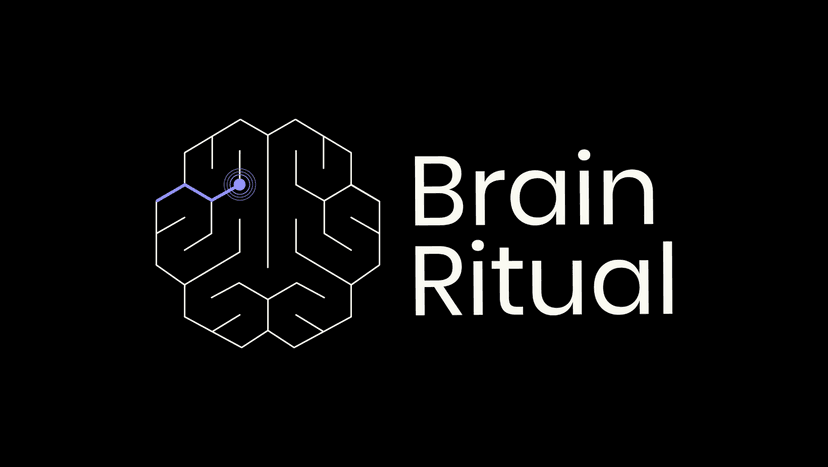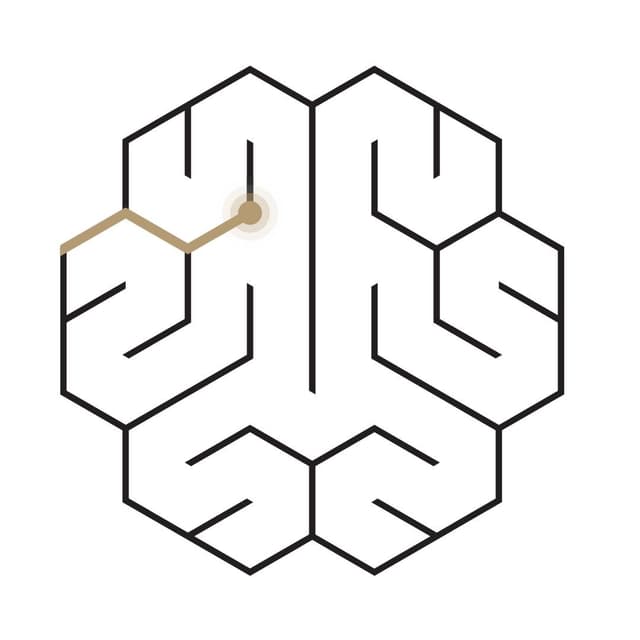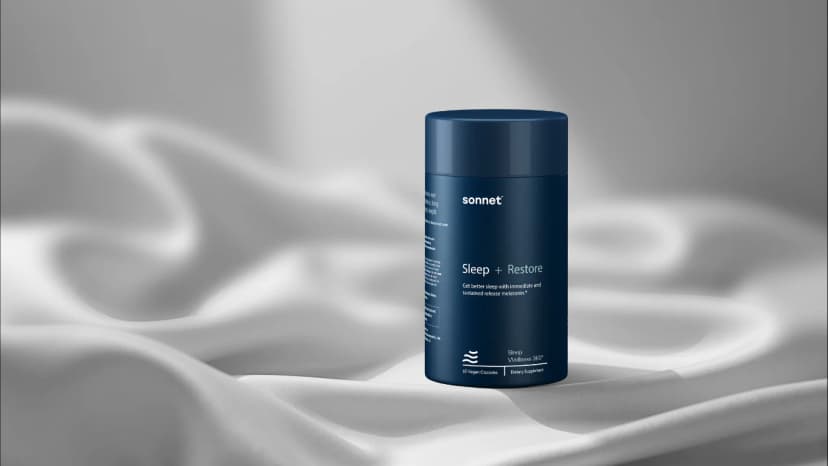Blue light is all around us, coming from both the sun and our electronic devices. While it helps keep us alert during the day, too much blue light at night can mess with our sleep. This article dives into where blue light comes from, how it affects our sleep and health, and what we can do to manage our exposure.
Key Takeaways
- Blue light comes from natural sources like the sun and artificial sources like screens and LED lights.
- Exposure to blue light, especially at night, can disrupt our sleep patterns and decrease sleep quality.
- Too much blue light can harm our eyes and may be linked to chronic diseases and mental health issues.
- Using blue light filters and setting screen time limits can help manage exposure for better sleep.
- Innovative solutions like blue light blocking glasses and smart lighting systems offer additional protection.
Understanding Blue Light and Its Sources
Natural Sources of Blue Light
Blue light is a part of the visible light spectrum that has a significant impact on our daily lives. The sun is the largest natural source of blue light. This type of light helps regulate our sleep-wake cycles, also known as circadian rhythms. During the day, blue light from the sun can boost alertness, improve mood, and enhance reaction times.
Artificial Sources of Blue Light
In today's world, we are surrounded by artificial sources of blue light. Common sources include:
- Fluorescent lights
- LED lights
- Smartphones
- Televisions
- Computer screens
- Tablets
- E-readers
- Video game consoles
These devices emit blue light that can interfere with our natural sleep patterns, especially when used during the evening.
Daily Exposure Patterns
Our exposure to blue light varies throughout the day. During daylight hours, blue light exposure is beneficial as it helps keep us awake and alert. However, exposure to blue light in the evening can be disruptive. It can trick our brains into thinking it is still daytime, making it harder to fall asleep. Managing our exposure to blue light, especially before bedtime, is crucial for maintaining healthy sleep patterns.
Understanding the sources and effects of blue light can help us make better choices about our daily habits and improve our overall well-being.
The Science Behind Blue Light and Sleep
Impact on Circadian Rhythms
Blue light plays a crucial role in regulating our circadian rhythms, which are our body's natural sleep-wake cycles. Exposure to blue light during the evening can confuse these rhythms, making it harder to fall asleep at night. This is because blue light mimics daylight, tricking our brains into thinking it's still daytime.
Melatonin Suppression
Melatonin is a hormone that signals to our body that it's time to sleep. When we are exposed to blue light, especially from screens, melatonin production is suppressed. This makes it difficult to feel sleepy and can delay the onset of sleep.
Sleep Quality and Duration
The suppression of melatonin and disruption of circadian rhythms can lead to poor sleep quality and shorter sleep duration. People who use devices emitting blue light before bed often report feeling less rested and more tired the next day. This can have a cascading effect on overall health and well-being.
Managing blue light exposure, especially in the evening, is essential for maintaining good sleep hygiene and overall health.
Health Implications of Blue Light Exposure
Eye Health Concerns
Constant exposure to blue light over time could damage retinal cells and cause vision problems such as age-related macular degeneration. It can also contribute to cataracts, eye cancer, and growths on the clear covering over the white part of the eye. According to a vision study by the National Eye Institute, children are more at risk than adults because their eyes absorb more blue light from digital devices.
Potential Links to Chronic Diseases
At night, light throws the body's biological clock—the circadian rhythm—out of whack. Sleep suffers. Worse, research shows that it may contribute to the causation of cancer, diabetes, heart disease, and obesity. Although blue light exposure from screens is small compared to the amount of exposure from the sun, there is concern about long-term effects of screen exposure from digital devices.
Mental Health Effects
Blue light exposure, especially at night, can interfere with sleep patterns, leading to poor sleep quality and duration. Poor sleep is linked to a range of mental health issues, including depression and anxiety. The disruption of circadian rhythms can also affect mood and cognitive function, making it harder to concentrate and perform daily tasks effectively.
While blue light is environmentally friendly, its impact on health cannot be ignored. Balancing energy efficiency with personal well-being is crucial.
Managing Blue Light Exposure for Better Sleep
Using Blue Light Filters
One effective way to manage blue light exposure is by using blue light filters on your devices. These filters can be software-based, like apps that adjust the color temperature of your screen, or physical screen protectors that block blue light. Using these filters can help reduce the amount of blue light that reaches your eyes, especially in the evening.
Setting Screen Time Limits
Limiting screen time before bed is another important step. Try to avoid using electronic devices at least one hour before you go to sleep. This can help your body produce melatonin naturally, making it easier to fall asleep. You can set alarms or reminders to help you stick to this routine.
Creating a Sleep-Friendly Environment
Creating a sleep-friendly environment is crucial for good sleep. Make sure your bedroom is dark, quiet, and cool. If you can't control the light sources in your room, consider using an eye mask to block out light. Additionally, blackout curtains can be very effective in keeping your room dark.
Reducing blue light exposure and creating a sleep-friendly environment can significantly improve your sleep quality and overall health.
Technological Solutions to Blue Light Exposure
Blue Light Blocking Glasses
Blue light blocking glasses are a popular choice for reducing exposure to blue light. These glasses often have amber or brown-tinted lenses that can help filter out blue light, making it easier on your eyes. Wearing these glasses in the evening can help reduce the melatonin-suppressing effects of blue light, potentially improving sleep quality.
Screen Protector Innovations
Screen protectors designed to filter blue light are another effective solution. These protectors can be applied to smartphones, tablets, and computer screens. They work by blocking a significant portion of blue light without affecting the visibility of the display. This makes them a convenient option for those who spend a lot of time on electronic devices.
Smart Lighting Systems
Smart lighting systems offer a more advanced way to manage blue light exposure. These systems can be programmed to adjust the color and intensity of the light throughout the day. For example, they can emit cooler, blue-enriched light during the day to help keep you alert and switch to warmer tones in the evening to promote relaxation and better sleep. Some smart lighting systems can even be controlled via smartphone apps, allowing for easy adjustments based on your needs.
Managing blue light exposure doesn't have to be complicated. With the right tools and habits, you can significantly reduce its impact on your sleep and overall health.
Research and Controversies Surrounding Blue Light
Conflicting Study Results
Research on blue light exposure has produced mixed results. Some studies suggest that blue light can disrupt sleep patterns and harm eye health, while others find minimal effects. This inconsistency makes it hard to draw firm conclusions. Researchers continue to explore the long-term impacts of blue light on health.
Industry Perspectives
The tech industry has a vested interest in the blue light debate. Companies that produce screens and lighting solutions often fund studies to downplay the negative effects of blue light. On the other hand, some companies are developing products like blue light filters and glasses to mitigate potential harm.
Future Research Directions
Future research aims to clarify the health impacts of blue light. Key areas of focus include:
- Long-term effects on eye health
- Impact on mental health
- Effectiveness of blue light filters and other mitigation strategies
Understanding the full impact of blue light requires more comprehensive and long-term studies. The scientific community is committed to uncovering the truth, despite the current controversies.
Conclusion
In summary, blue light has a significant impact on our sleep and overall health. While it can be beneficial during the day by improving alertness and mood, excessive exposure, especially in the evening, can disrupt our natural sleep-wake cycle. This disruption can lead to various health issues, including poor sleep quality, eye strain, and even more severe conditions like heart disease and obesity. By being mindful of our blue light exposure and taking steps to limit it before bedtime, we can improve our sleep and protect our health.
Frequently Asked Questions
What is blue light?
Blue light is a type of light that is part of the visible light spectrum. It has shorter wavelengths and more energy compared to other colors. Blue light comes from both natural sources like the sun and artificial sources like screens and LED lights.
How does blue light affect sleep?
Blue light can disrupt your sleep by messing with your body's natural sleep-wake cycle, also known as the circadian rhythm. It can block the production of melatonin, a hormone that helps you sleep.
What are common sources of blue light?
The most common source of blue light is the sun. However, many electronic devices like smartphones, tablets, and computers, as well as LED and fluorescent lights, also emit blue light.
Can blue light cause eye problems?
Yes, too much exposure to blue light can lead to eye strain and discomfort. Some studies suggest it may also contribute to long-term eye problems like macular degeneration.
Are there ways to reduce blue light exposure?
Yes, you can use blue light filters on your devices, wear blue light blocking glasses, and set limits on screen time, especially before bed. Creating a sleep-friendly environment by dimming lights in the evening can also help.
Is all blue light bad for you?
Not all blue light is bad. During the day, blue light can boost your alertness and mood. It's the exposure to blue light at night that can be problematic for your sleep and health.























